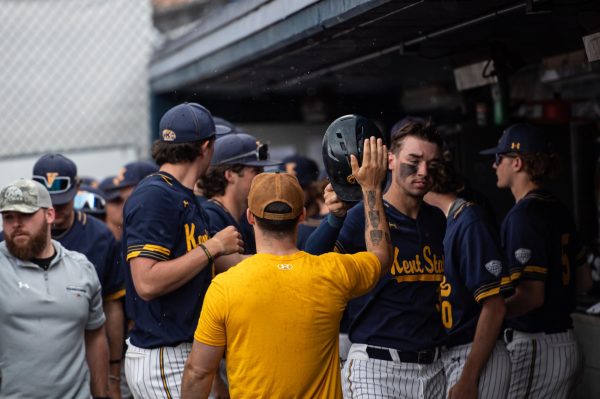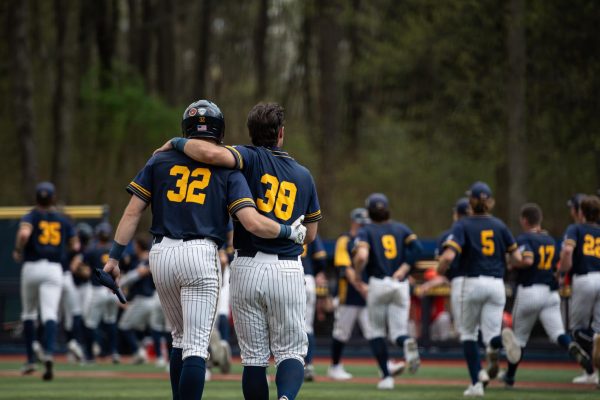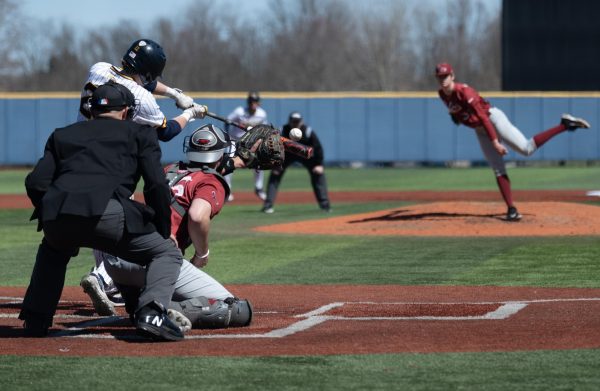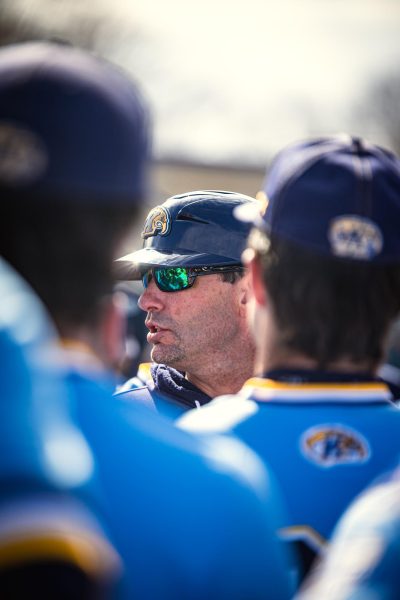Jesse McCartney Q&A
September 30, 2018
Q: I know you just did work with Funny or Die. Tell me, are you doing a little more comedy? How did that impact you? What are you doing?
Jesse McCartney: Well, it was was one of those things where Funny or Die sort of reached out and wanted to do something. And I love comedy. I love Funny or Die, been a fan for a while. And I did a lot of multi-cam comedy a few years back with “Young & Hungry” on Freeform. And I’ve done a lot of, improv and stuff in recent years just on the side for fun. And it’s just one of my favorite things to do. And I don’t think it’s something a lot of people have seen from me. And so we just kind of wanted to shake things up a little bit and do something like on the other side of the spectrum, I guess. And it looks like it’s going well. People have been responding to it positively.
Q: What’s the biggest difference for you in performing acoustic?
For these college shows … it is a two-man show, but it still has the presence of a bigger show because … we had tracks built in to the music on stage. We run two laptops that are actually sending tracks to the audience.
But when we do, small acoustic lounges it’s nice. It’s intimate, and you get to connect with people and literally look them in their eyes.
Q: What has been your favorite part of your time in entertainment thus far?
JM: Everything is important because it all amounts to where I am today and is part of where I am today. But I think specifically the release of my solo record and my debut album “Beautiful Soul.” I think that kind of put me on the map and made me like a household name.
Q: You mentioned you’ve been performing since the age of 16. What was that like?
JM: I think the biggest challenge was just navigating being as a teenager and having success. I remember I was 16 and was going through every trial and tribulation that a 16-year-old goes through. I had to quit playing baseball for my high school team. In hindsight, it was really all worth it.
Q: How would you compare the artist and performer you were 15 years ago to the artist and performer you are today?
JM: I think I’ve gotten a lot more comfortable as a performer. Before, I had a lot of little quirks, or there was this one specific thing where I used to have my hand like on my belt. Every artist will tell you, every comedian, every musician, every actor will tell you that there’s one thing that they can’t stand that they do. And I remember the head of the record company saying, “Why is he putting his hand …” and it was just a thing that I had to get over. I hadn’t put my 10,000 hours in yet, and I hadn’t figured out how to like the open and present myself.
Q: You took a break from music in 2014. How has that impacted you creatively since you’ve come back?
JM: I don’t know that the break really impacted the new music in any way. The break was just like a break for me to just relax and do other things, a lot of acting and just exploring other artistic avenues. I just needed a little me time. So, I don’t know how much that informed new music, but what did was a song-writing camp that took place in Nashville a few years back. I hadn’t written country before, and I wanted to try my hand at it — and as soon as I got in there and started writing, I sort of got the bug again.As soon as I was finished with that camp, after a couple weeks of writing, I went back to Los Angeles and started working on my own stuff.
Henry Palattella is the editor. Contact him at [email protected].
Erica Fowler is the education, health and human services reporter. Contact her at [email protected].
























